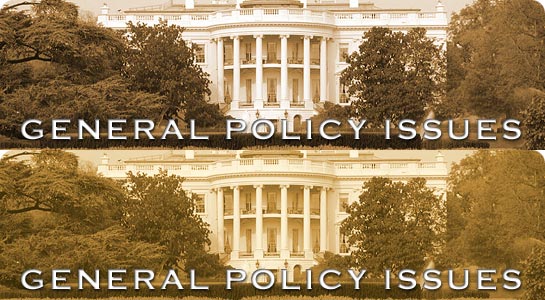General Policy Issues

Radio Spectrum Issues
All satellite communication systems require the use of radio frequency bands ("spectrum") to operate. The spectrum available for commercial use is very limited and considered a precious commodity. Within the United States, the Federal Communications Commission (FCC) is responsible for managing the assignment of commercial spectrum, while the Commerce Department's National Telecommunications and Information Administration (NTIA) manages government spectrum.
U.S. providers of mobile satellite communication services are striving to maximize the use of their limited spectrum in innovative ways, such as by reusing frequencies assigned to their satellites on ground-based transmitters known as ancillary terrestrial components (ATC). The implementation of ATC allows the continuous provision of communication services in areas where satellite reception may be poor (e.g., inside cities).
The Office of Space Commercialization has worked closely with NTIA's Interdepartment Radio Advisory Committee (IRAC) to help ensure that such ATC additions will be allowable and that they will not interfere with existing government spectrum users such as the Global Positioning System (GPS). In January 2003, the FCC granted flexibility in the use of spectrum for mobile satellite service providers in three frequency bands, provided they meet specific conditions and limitations.
In addition to supporting the satellite communication industry's use of radio spectrum, the Office of Space Commercialization participates in U.S. efforts to protect GPS spectrum from interference both internationally and domestically.
Visit the FCC website... Visit the NTIA website... Learn more about the IRAC...




